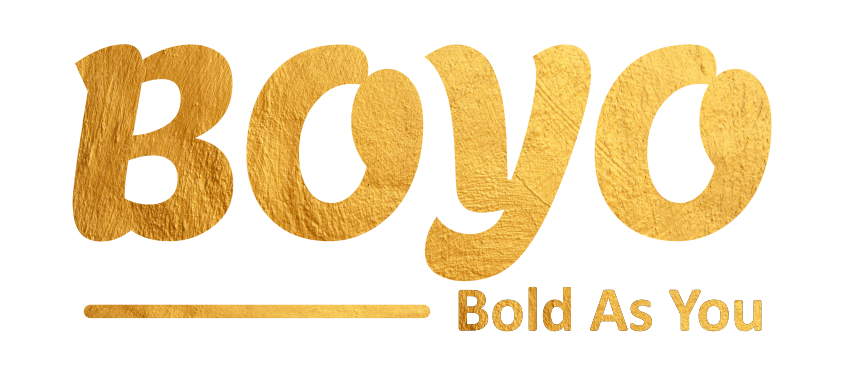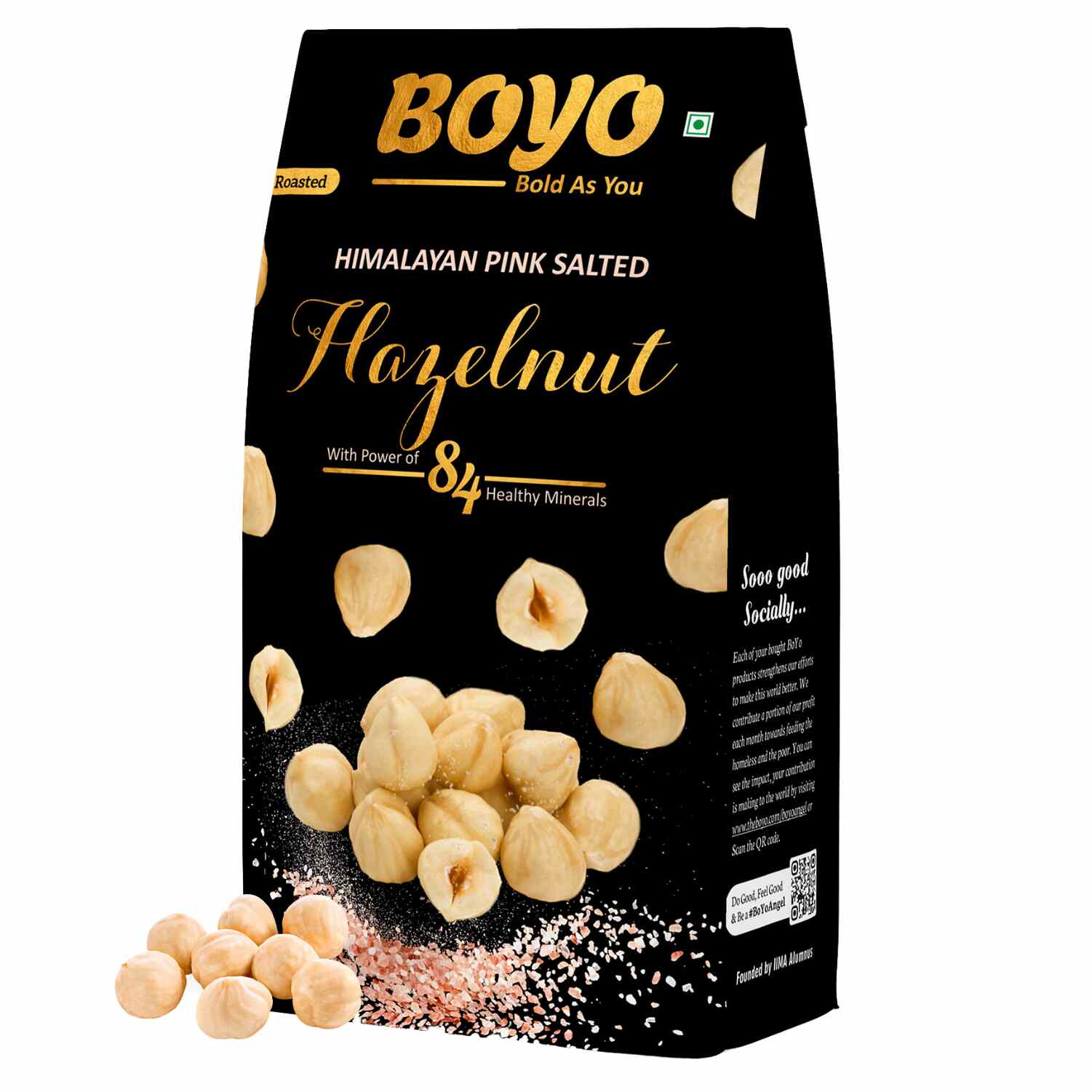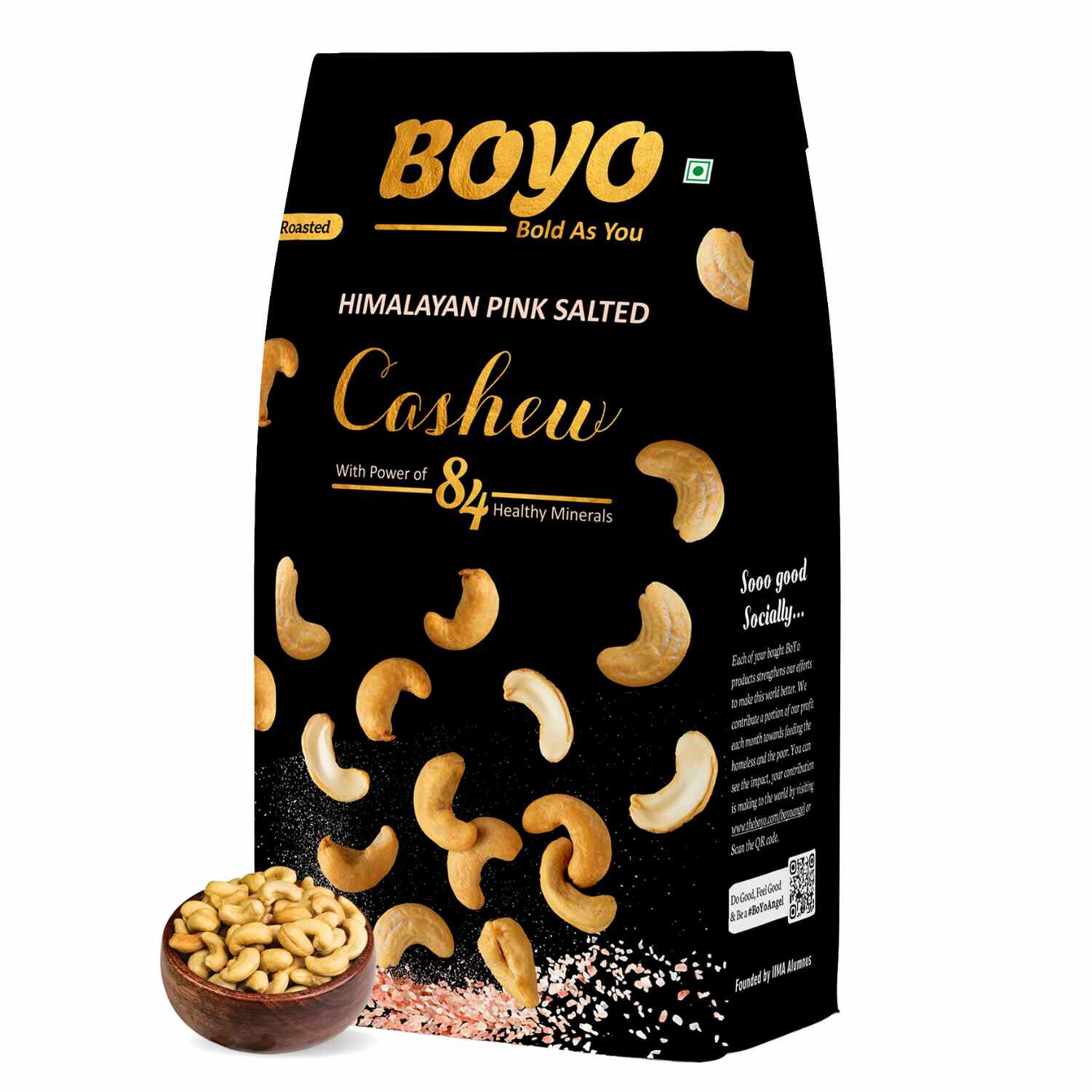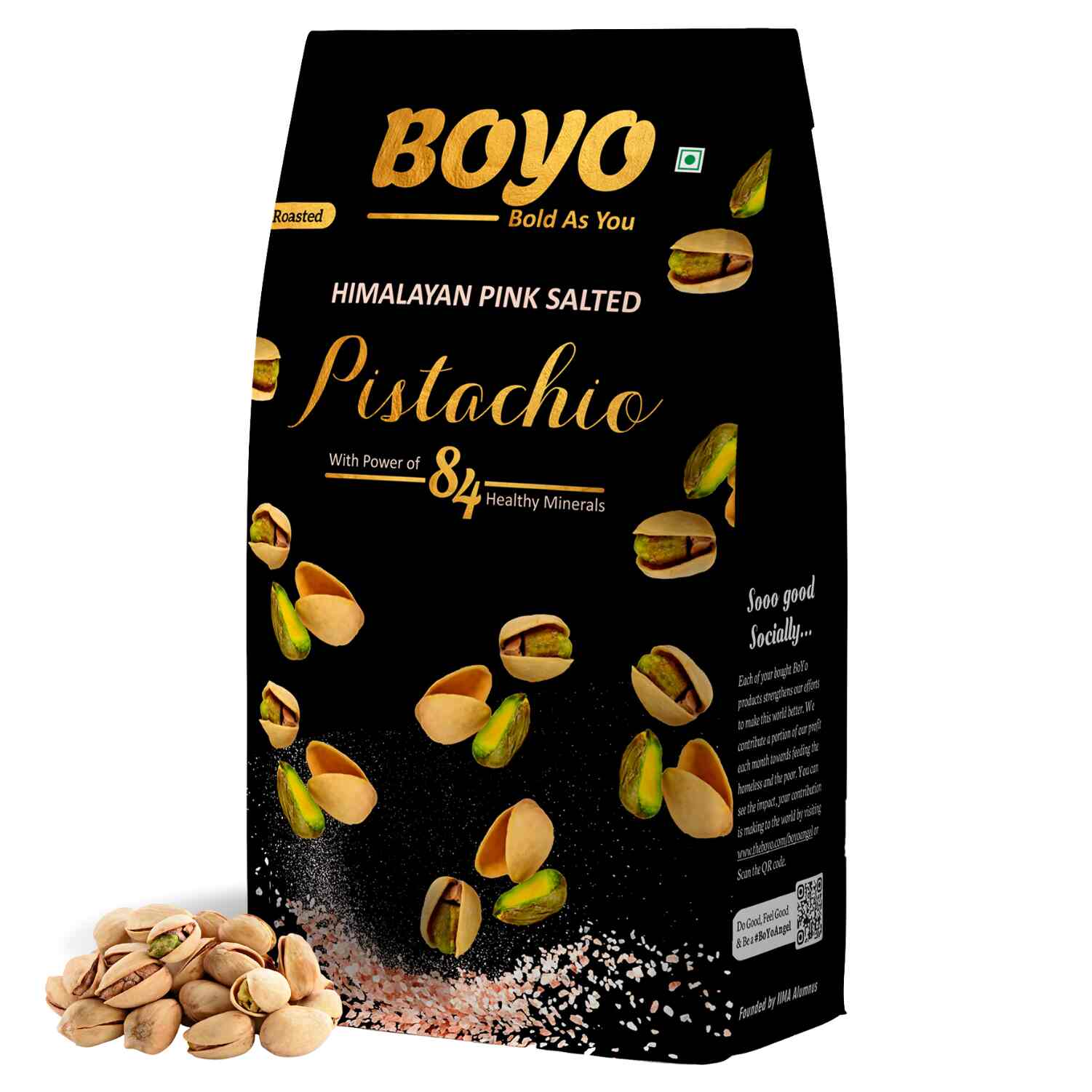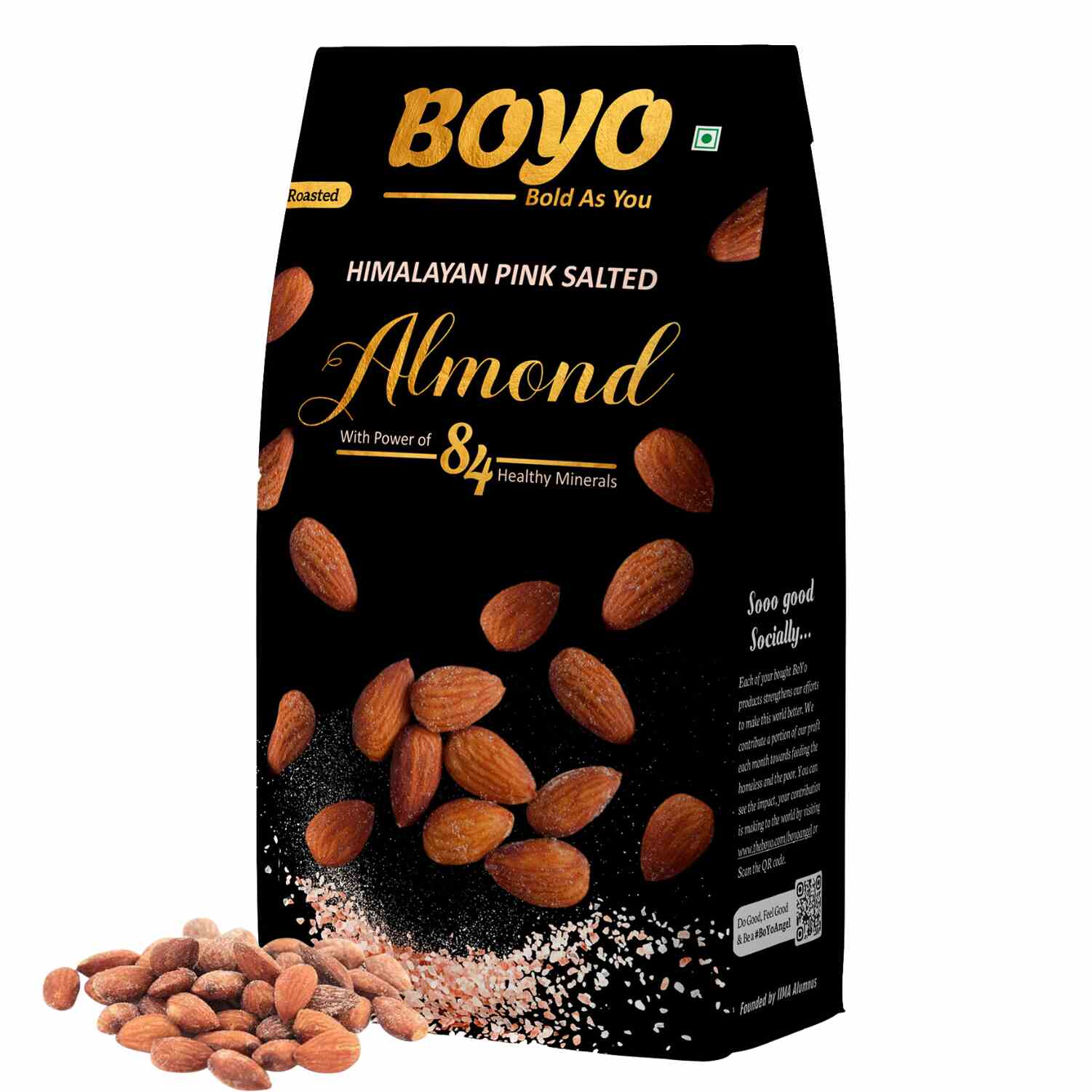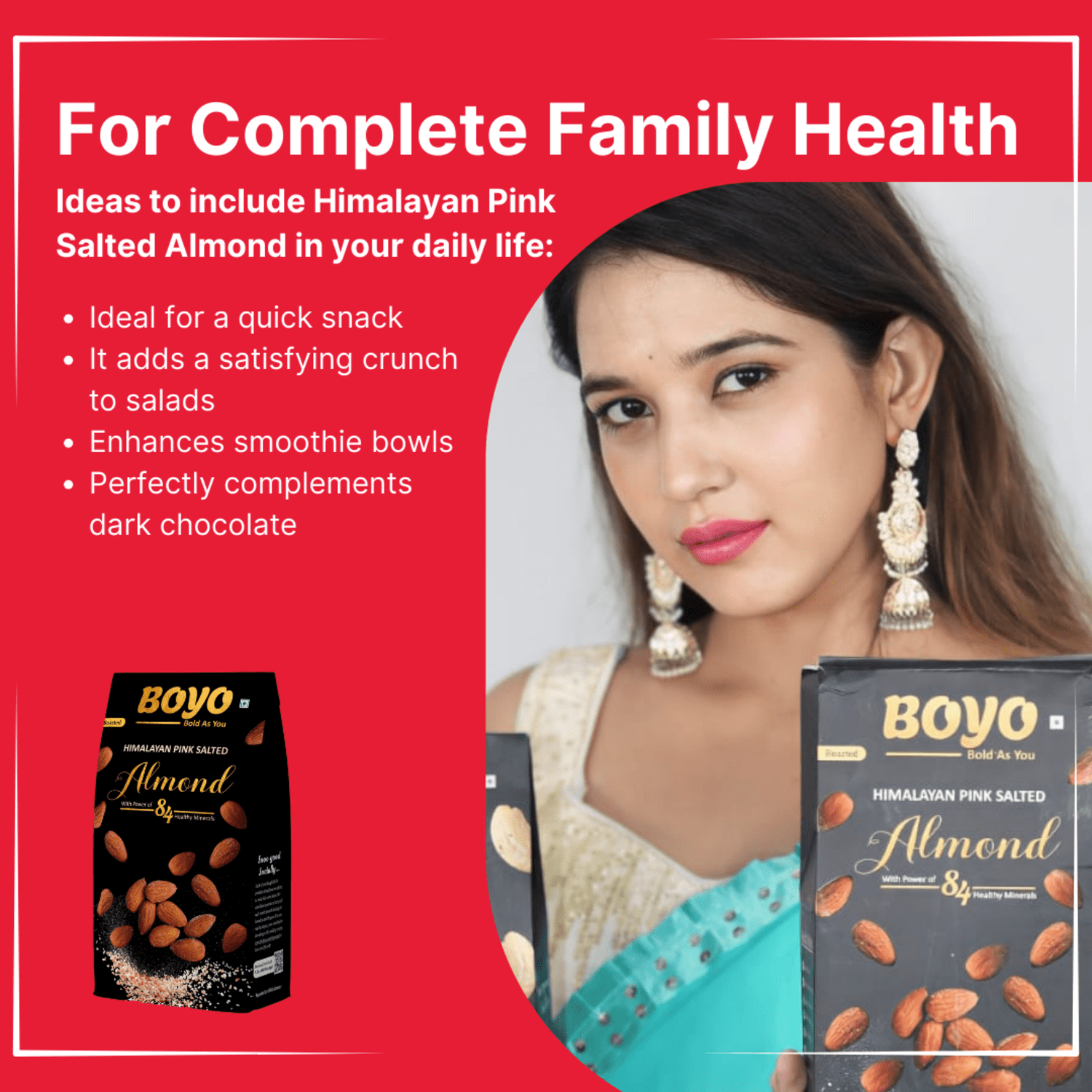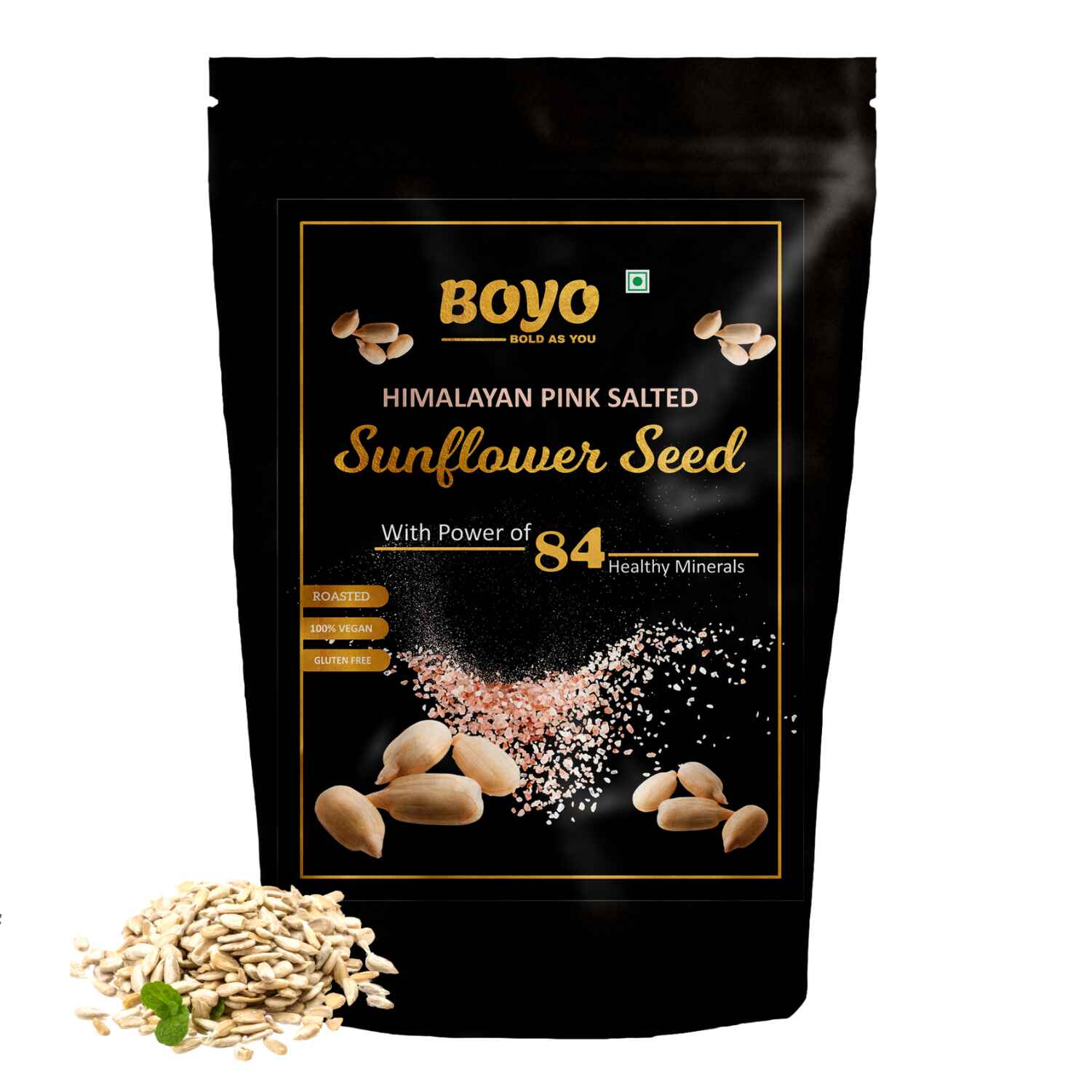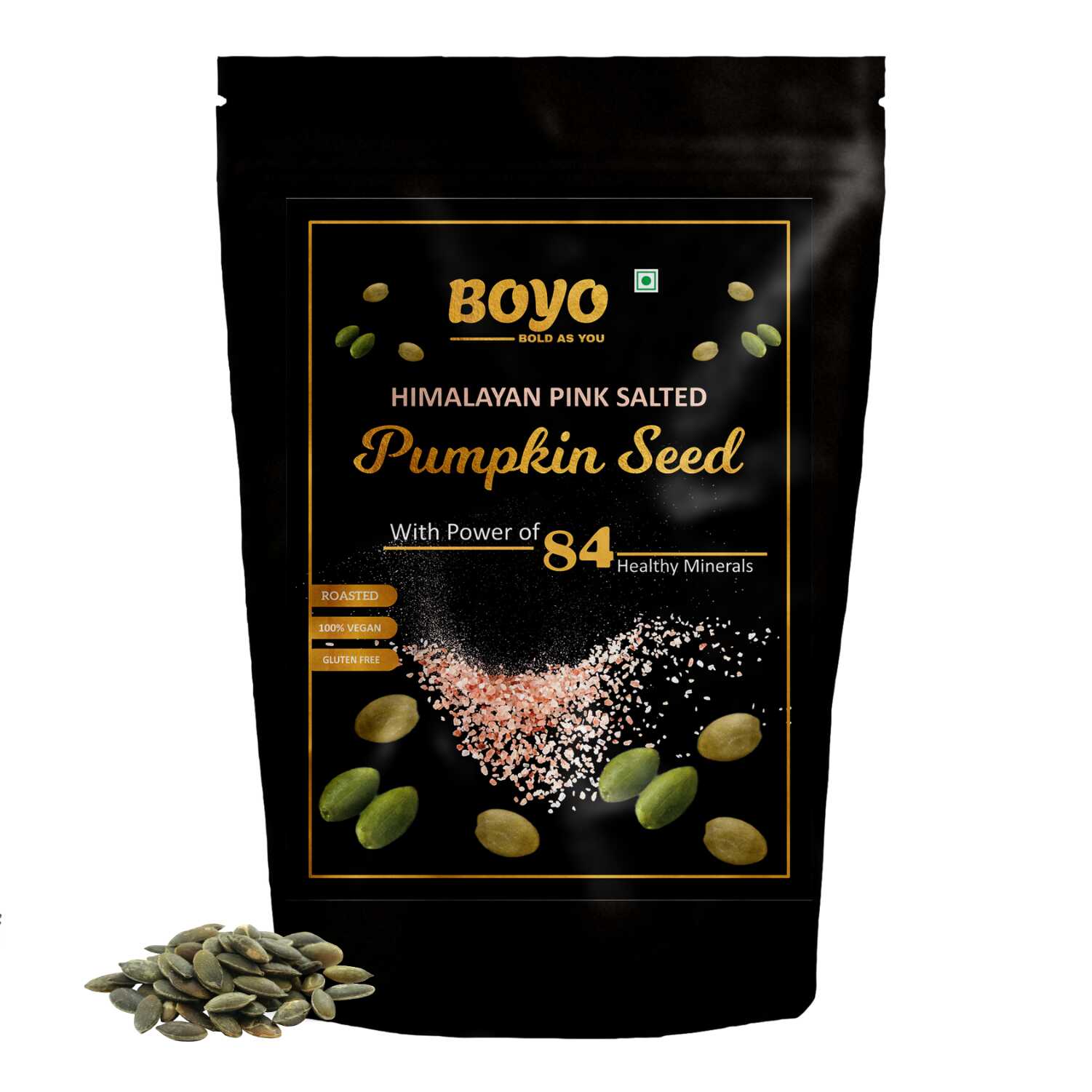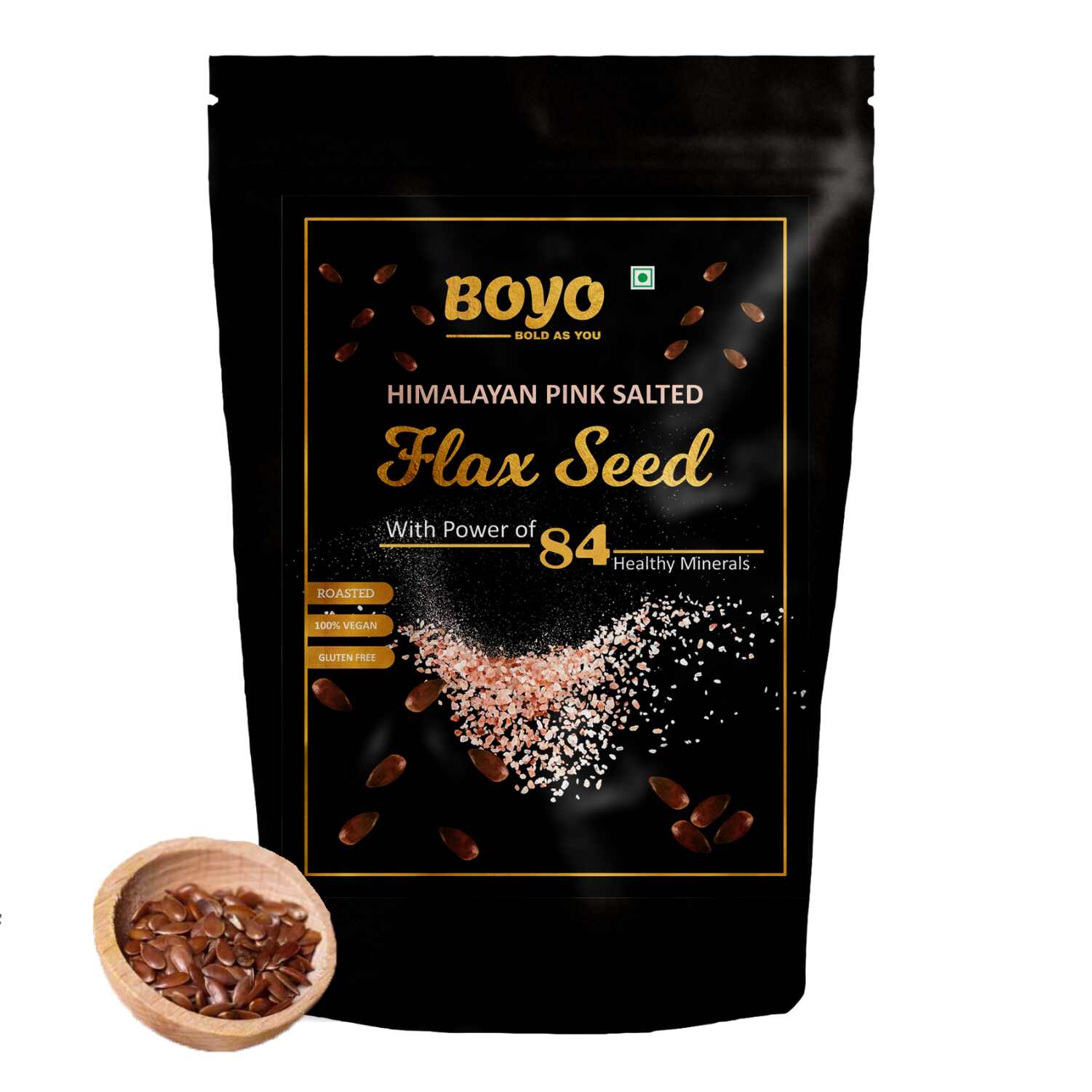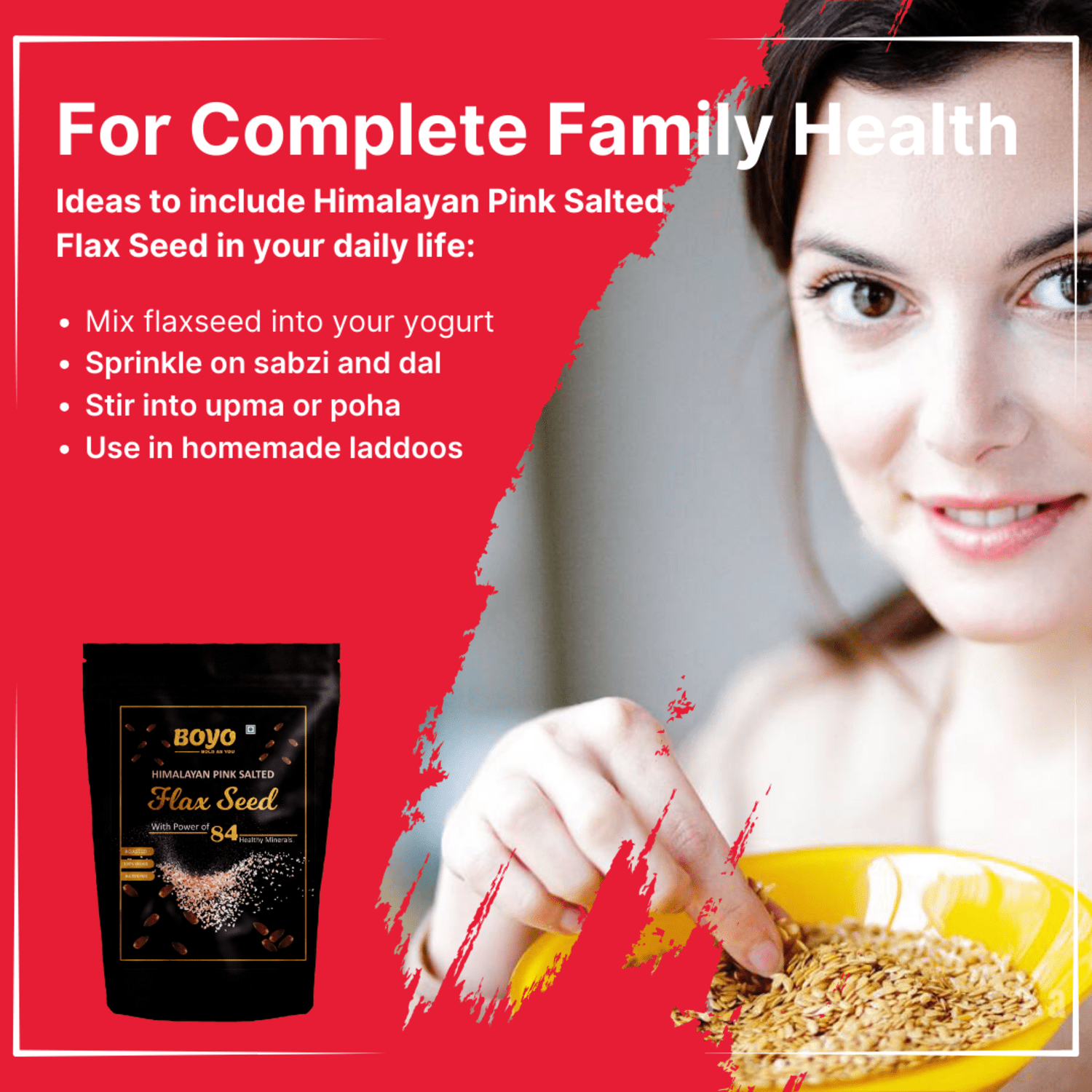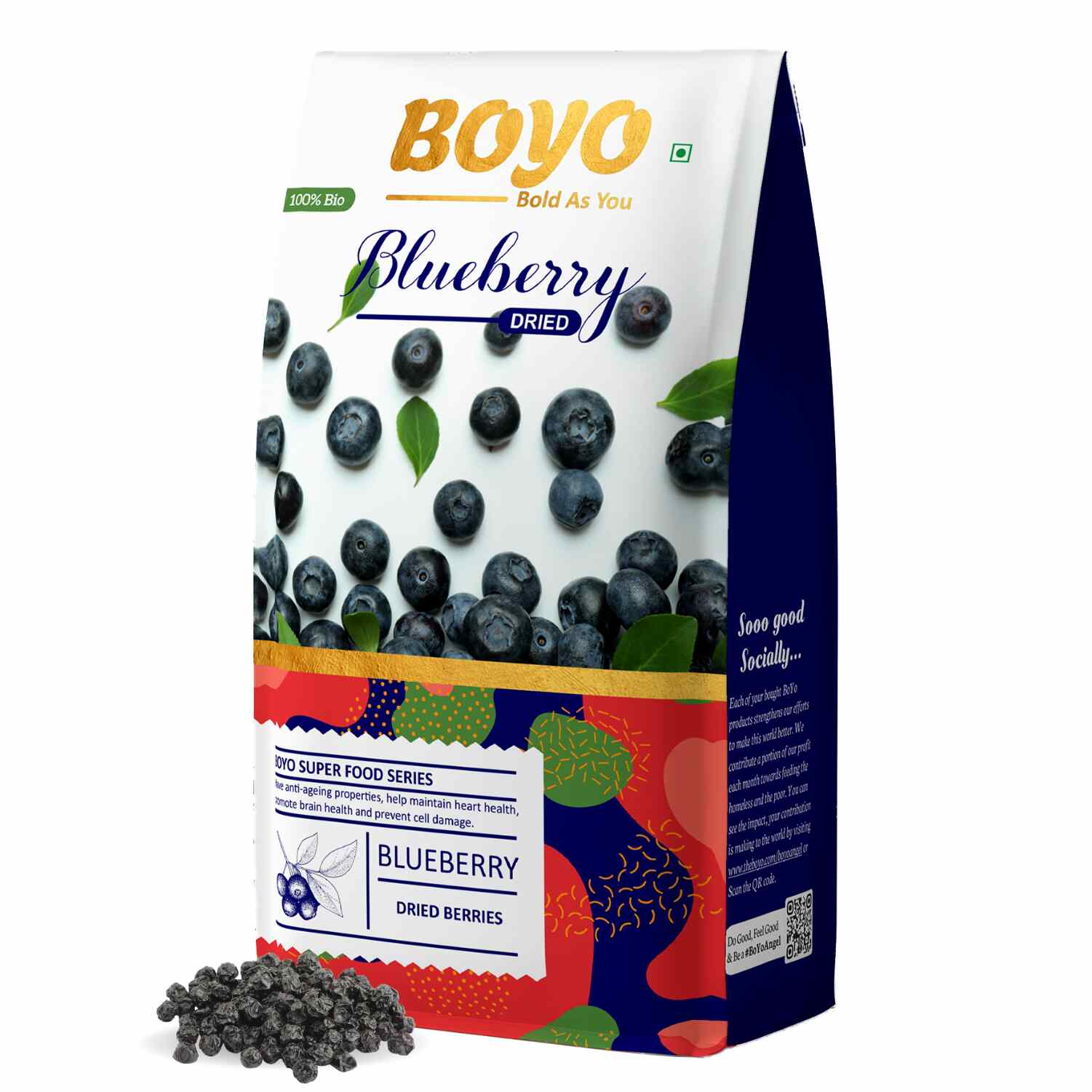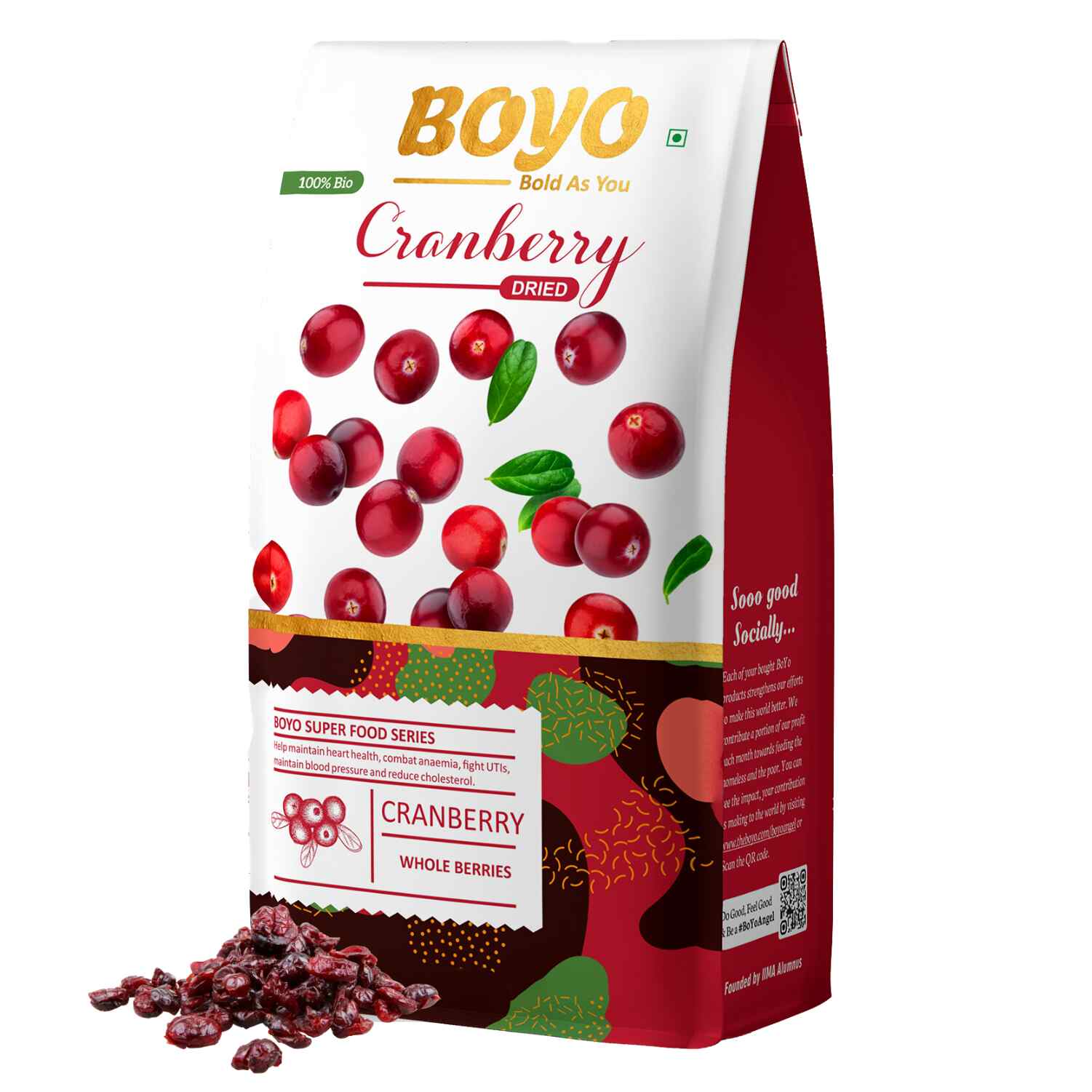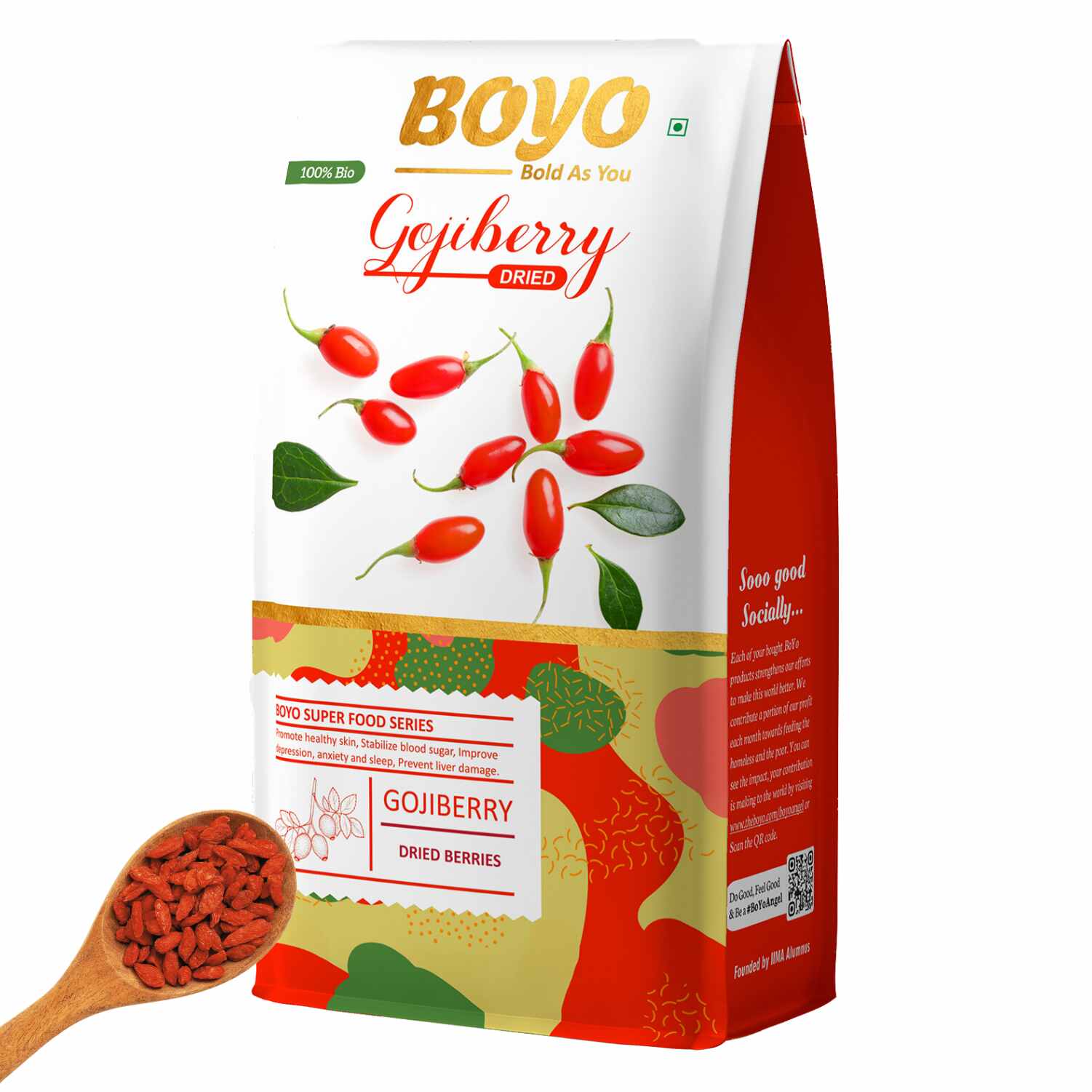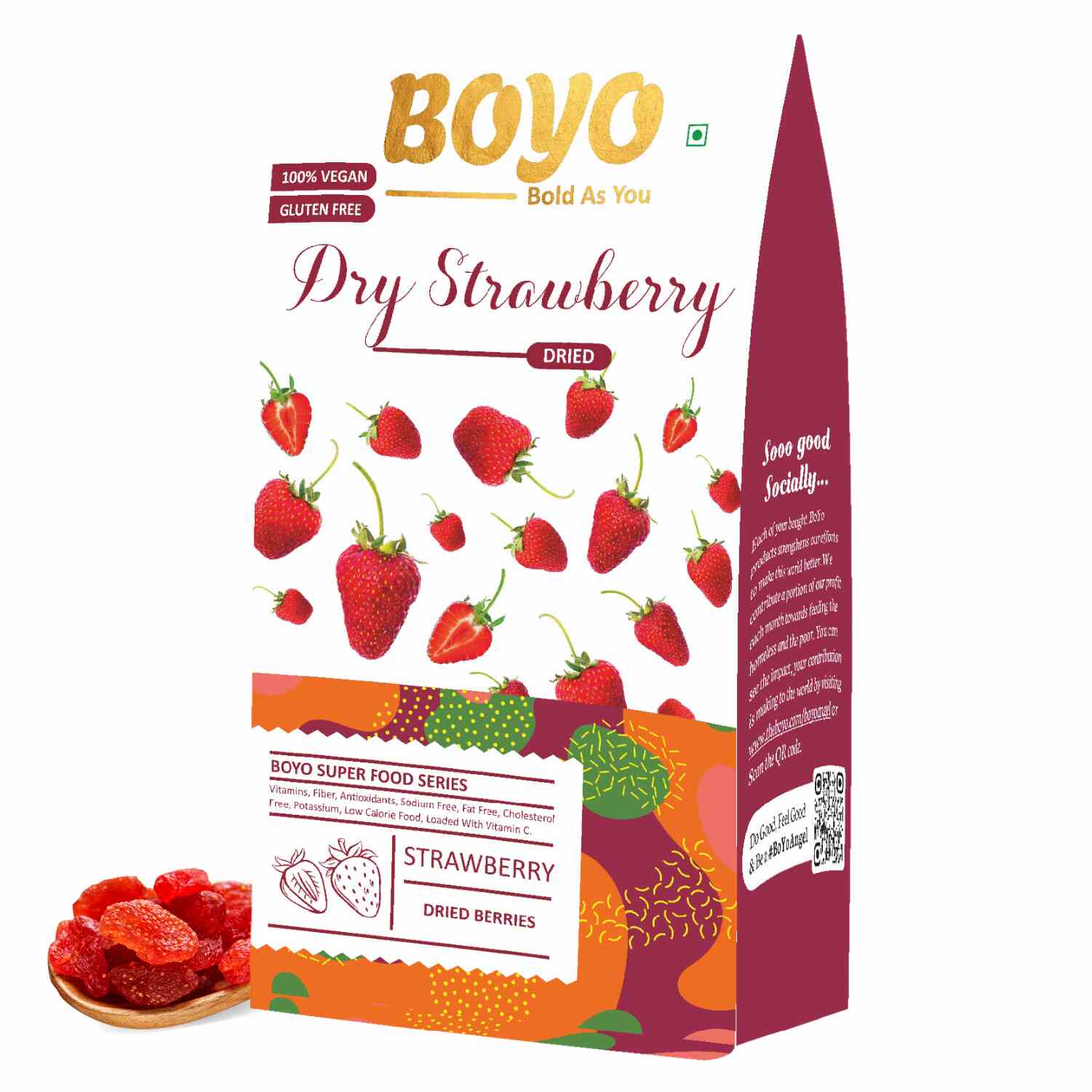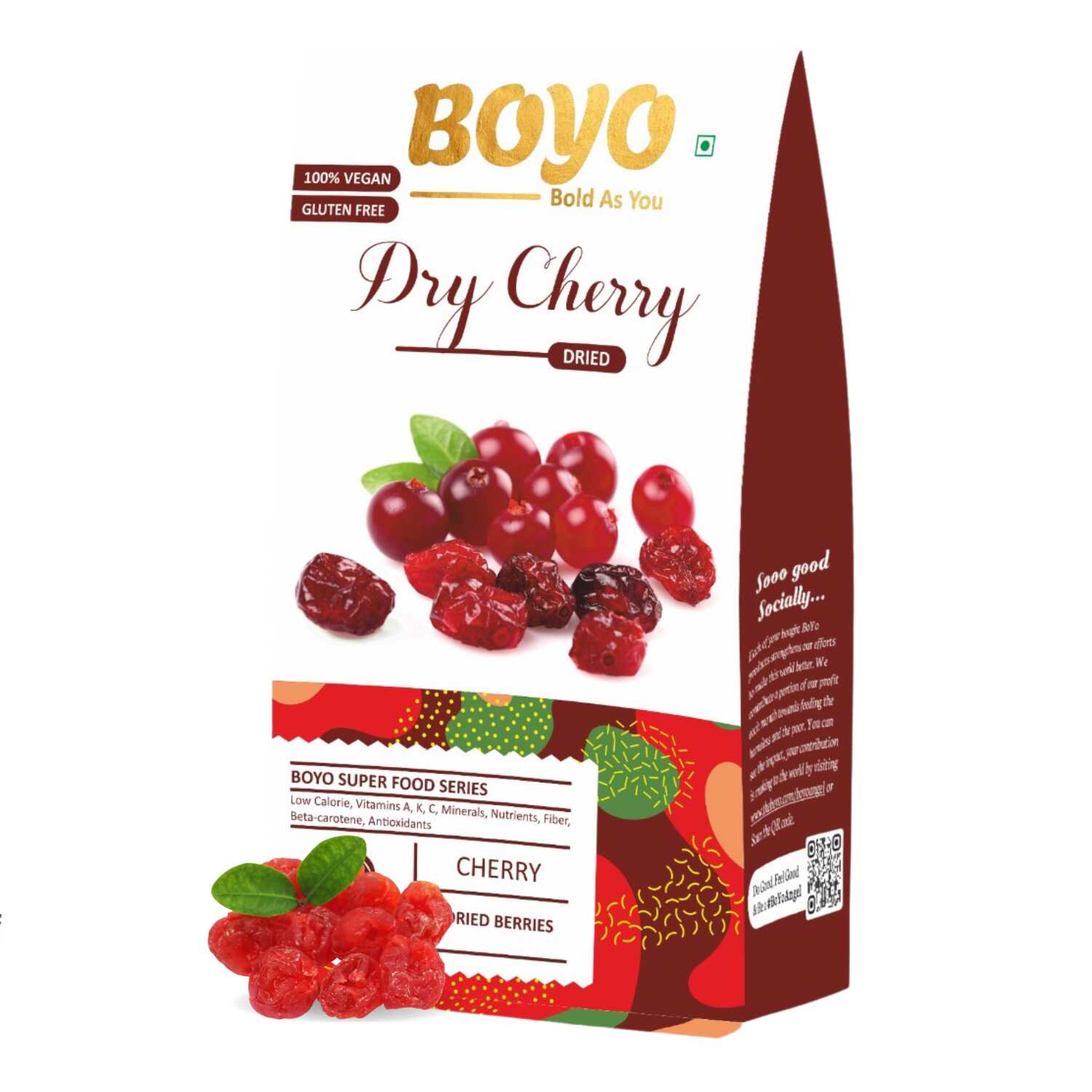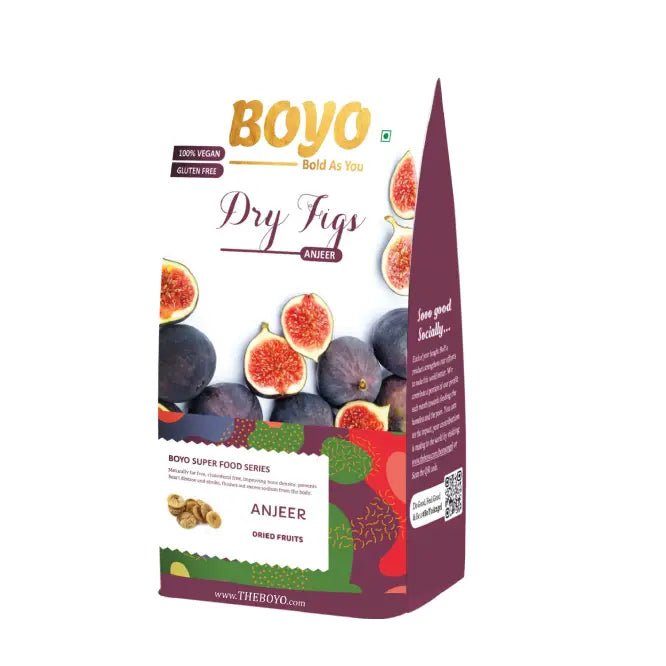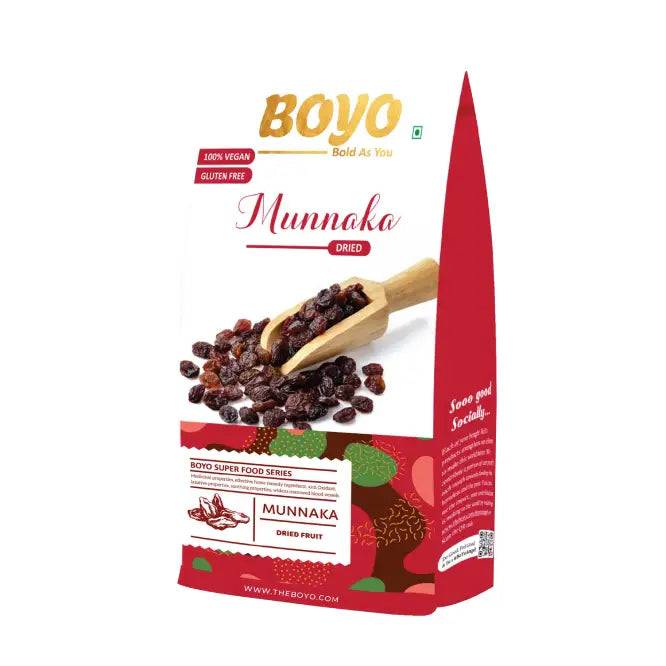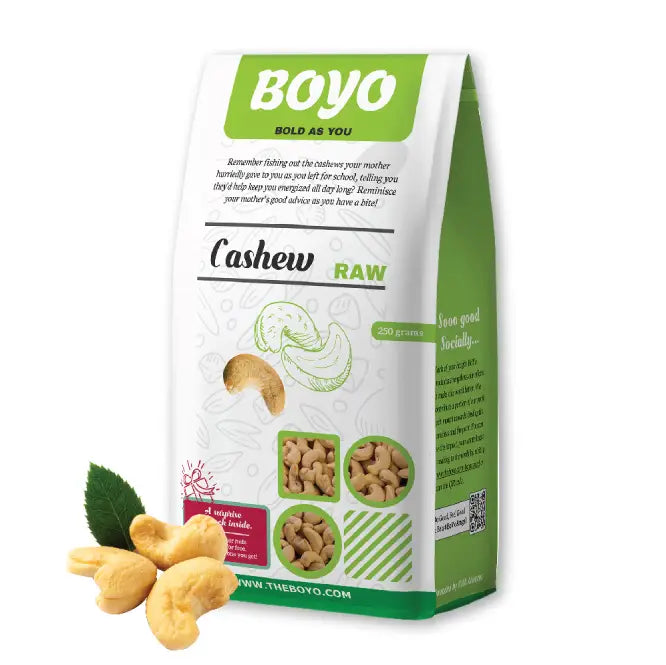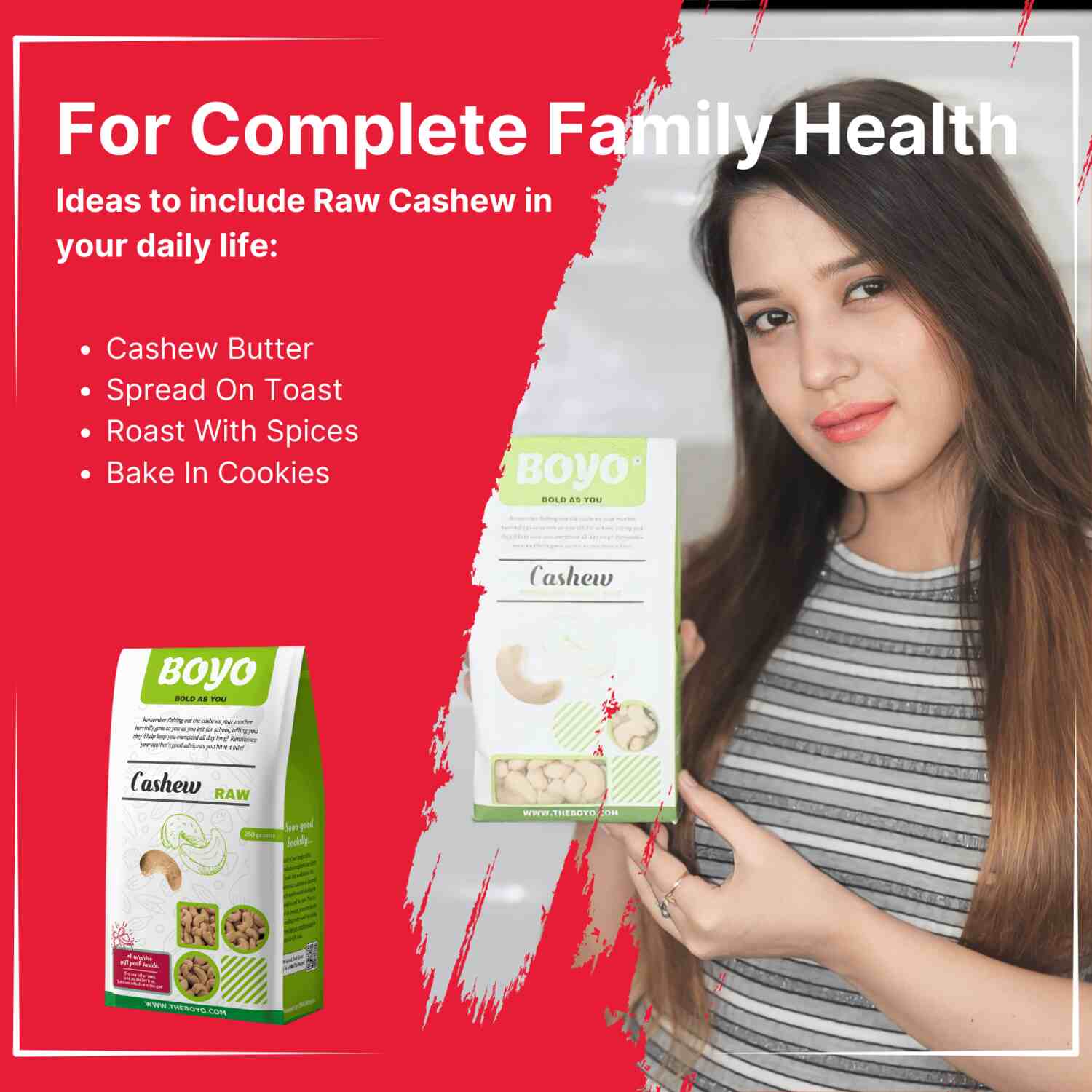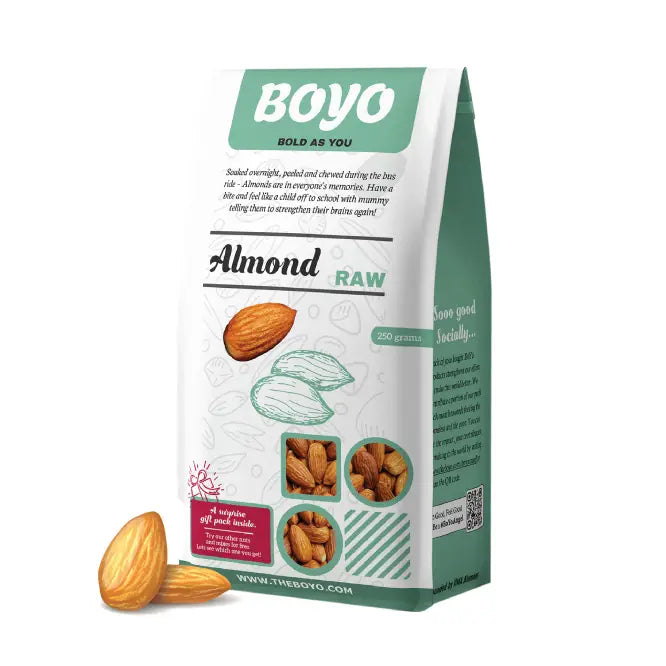Raw Sunflower Seed
CHOLESTEROL FREE: These seeds have zero cholesterol and trans-fat pumpkin seeds are heart-friendly
FIBRE RICH: Pumpkin seeds are a good source of fiber and improve prostate and bladder health
NUTRIENTS RICH: Pumpkin seeds are comprised of minerals and antioxidants. Rich source of zinc, magnesium, potassium, and vitamins E RICH IN ANTIOXIDANT: These pumpkin seeds are a rich source of zinc and antioxidants which can help strengthen the immune system
DIET FOOD: They are rich sources of healthy fats and packed with dietary fiber, keeping you full for longer duration & can help in weight loss
FAQ
Q1. Sunflower seeds benefits for females?
Sunflower seeds offer various benefits for females. They are a good source of essential nutrients, including vitamin E, which is important for skin health, and selenium, which has antioxidant properties. The presence of healthy fats and magnesium in sunflower seeds may also contribute to overall well-being.
Q2. How much sunflower seeds to eat daily?
The recommended daily intake of sunflower seeds can vary, but a moderate amount is generally considered beneficial. A small handful, roughly one ounce (28 grams) of sunflower seeds, provides a good balance of nutrients without excessive calories. However, individual dietary needs may vary, so it's advisable to consult with a healthcare professional for personalized advice.
Q3. Sunflower seeds how to eat?
Sunflower seeds can be enjoyed in various ways. They can be eaten raw as a snack, added to salads, yogurt, or oatmeal for extra crunch, or incorporated into baked goods. Some people also use sunflower seed butter as an alternative to nut butter. Experiment with different recipes to find the method that suits your taste preferences.
Q4. Sunflower seeds side effects for females?
While sunflower seeds are generally safe for most individuals, excessive consumption may lead to potential side effects. Sunflower seeds are calorie-dense, so overeating may contribute to weight gain. Additionally, some people may be allergic to sunflower seeds, so it's essential to be mindful of any allergic reactions. Moderation is key to avoiding potential side effects.
Q5. What are the benefits of sunflower seeds?
Sunflower seeds offer a range of health benefits. They are a good source of healthy fats, including monounsaturated and polyunsaturated fats, which are heart-healthy. Sunflower seeds also provide essential nutrients such as vitamin E, magnesium, and selenium, contributing to skin health, bone health, and antioxidant support. The fiber content in sunflower seeds may aid in digestion and promote a feeling of fullness.
|












